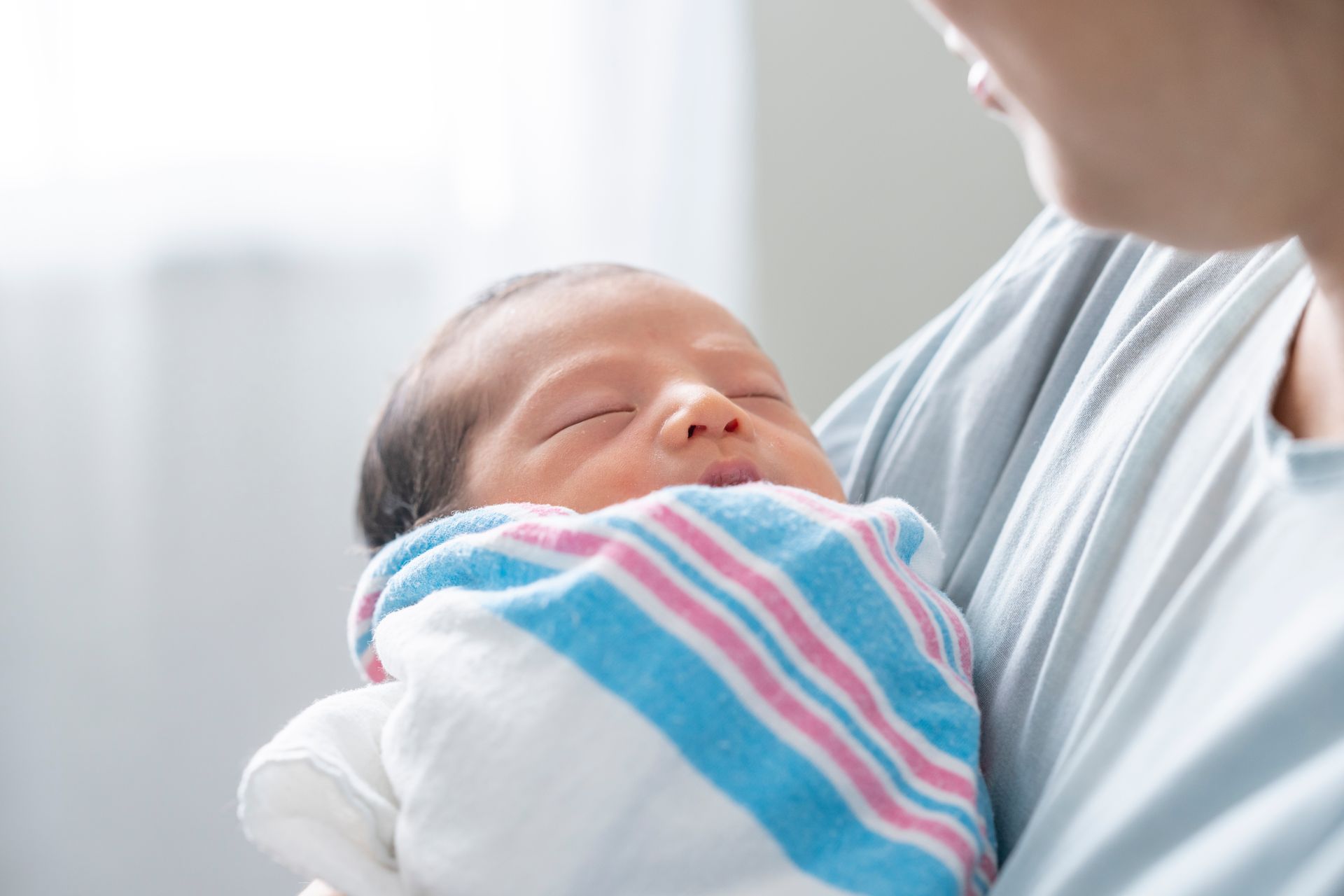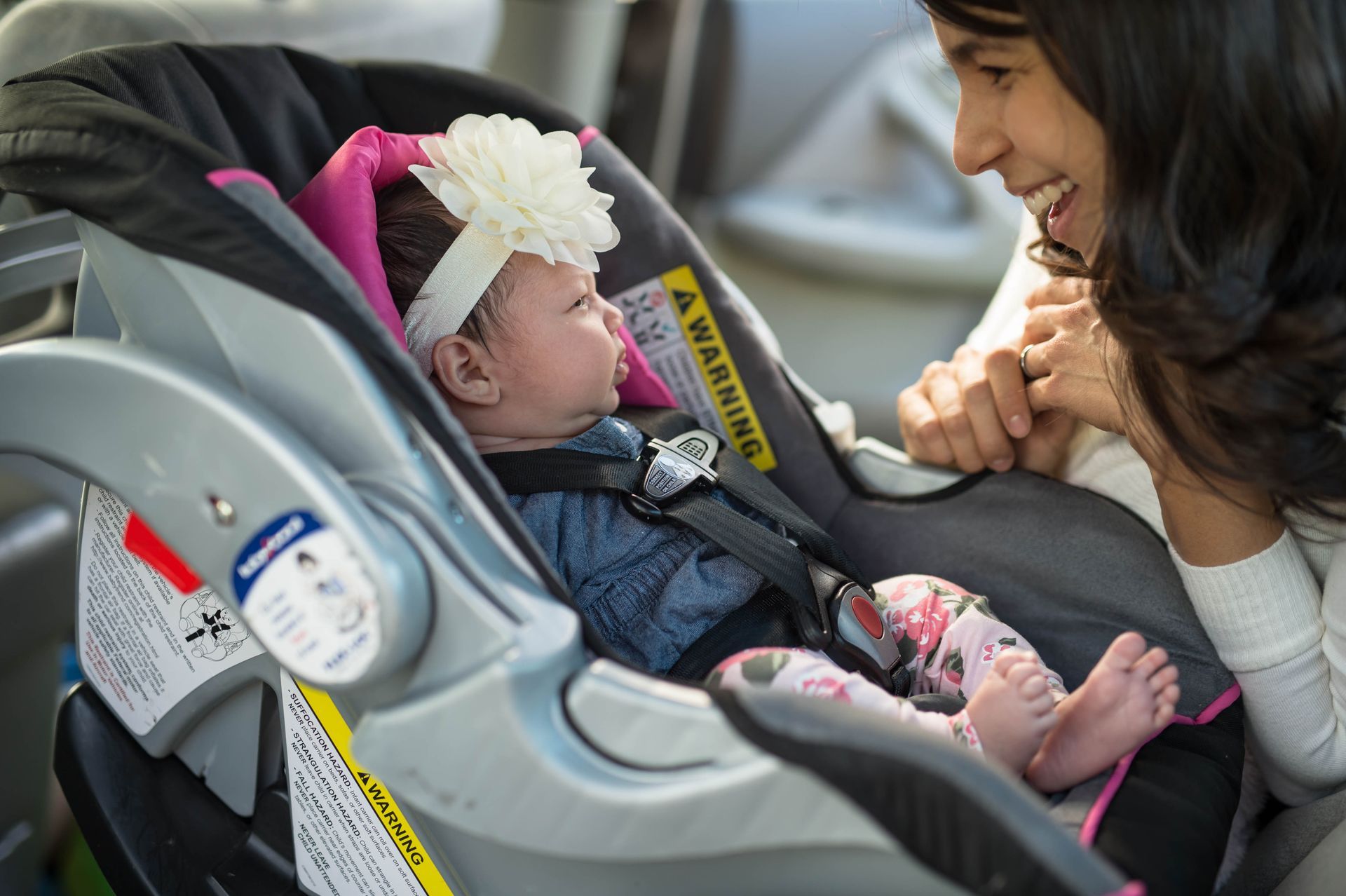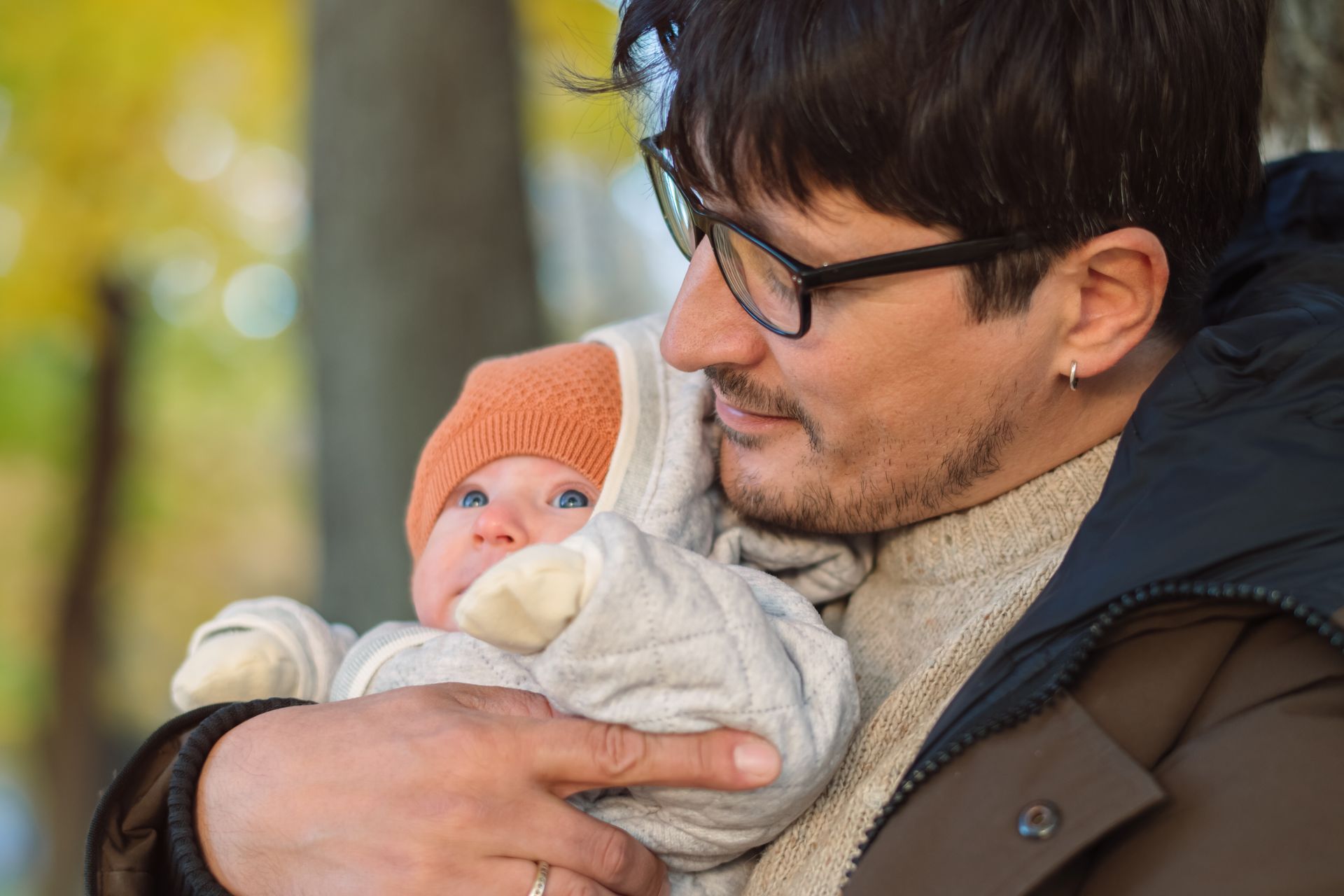New RSV Vaccine for Pregnant Women: Protecting Your Baby Before Birth
A New Way to Shield Your Baby from RSV Before Birth

Respiratory syncytial virus (RSV) is a common illness that can be dangerous for newborns and young infants. To help protect babies from severe RSV infections, a new RSV vaccine for pregnant women has been approved, offering an extra layer of defense before birth.
Why the RSV Vaccine Matters
RSV can cause serious lung infections in infants, leading to hospitalization in severe cases. Babies are most vulnerable in their first few months of life, especially during RSV season (typically fall through spring). This new vaccine is designed to help pass protective antibodies from mother to baby, reducing the risk of severe illness after birth.
Who Should Get the RSV Vaccine?
The RSV vaccine is recommended for pregnant women between 32 and 36 weeks of pregnancy during RSV season. By receiving the vaccine during this window, expectant mothers can provide their babies with stronger immunity against RSV in their early months.
Benefits of the RSV Vaccine for Pregnant Women
- Reduces the risk of severe RSV infections in newborns
- Helps prevent hospitalizations
- Provides passive immunity from mother to baby
- Safe and recommended by health experts
How to Get the RSV Vaccine
Talk to your OB-GYN or the experts at Chattanooga Children's Clinic about the RSV vaccine and whether it’s right for you. Many prenatal care providers will offer it as part of routine third-trimester care during RSV season.
Protect Your Baby Before Birth
The new RSV vaccine is a major step forward in infant health and protection. By getting vaccinated during pregnancy, mothers can help safeguard their newborns from a serious respiratory infection in their most vulnerable early months.
For more information, contact Chattanooga Children's Clinic.










